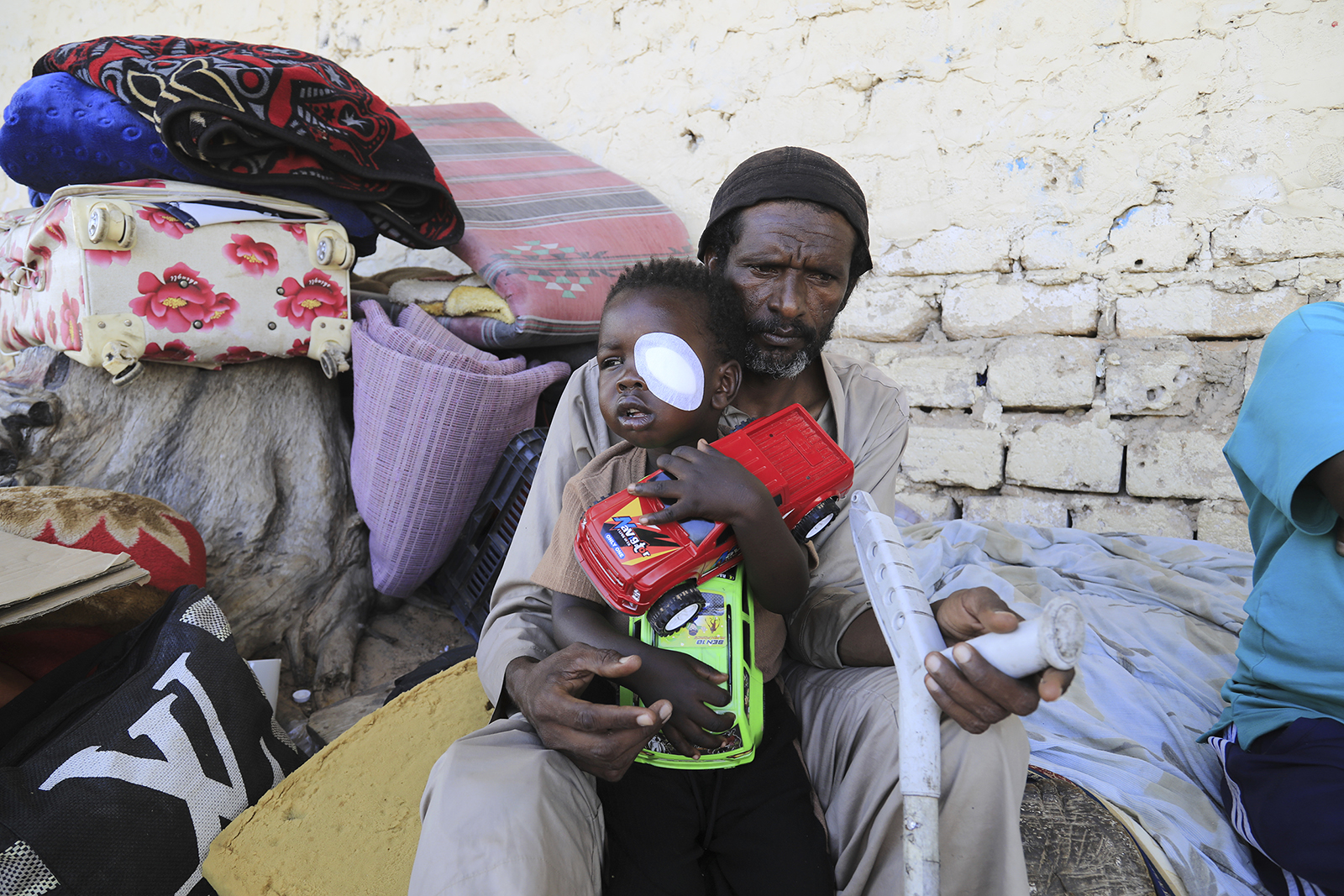(RNS) — As Palestinians, we know too well what it means to be forgotten.
For decades, our displacement and dispossession were treated as a political nuisance or as the product of a historical conflict where the victim was somehow the villain. When bombs fell on Gaza every year or so, or when soldiers or settlers raided the West Bank and stole more land and lives, we were not mourned, but rationalized. Our children’s lives were subject to debate as they disappeared into illegal detention, not the grief that any human being should receive.
Today, as the world finally begins to reckon with the scale of suffering in Gaza, my heart is torn between hope and heartbreak. Hope that truth is shining light on Palestine, and heartbreak that the situation is more dire than ever, with daily images of starved babies, accompanied by news of Netanyahu planning further escalation. But on forgotten Sudan, I only feel heartbreak. Sudan is now where Palestine used to be: a footnote in the world’s conscience, if that.
Sudan is being erased in real time.
Since April 2023, war has raged in Sudan with devastating consequences for the country’s civilians. More than 150,000 people have died and over 12 million have been displaced, more than in any other conflict in the world. Starvation, as in Gaza, has become a weapon. Mass atrocities are unfolding in Darfur again. Children are dying not only from bullets, but from malnutrition, disease and despair. And yet, aside from the occasional headline, the world looks away.
A recent report in The Economist put it this way: “As the world focuses on Gaza, starvation also looms in Sudan.” In a just world, these two tragedies would not be in competition. Our compassion is not a finite resource. But we are living through a time of selective outrage with a hierarchy of grief that elevates some victims and silences others.

Sudanese displaced families take shelter in a school after being evacuated by the Sudanese army from areas once controlled by the paramilitary Rapid Support Forces in Omdurman, Sudan, located across the Nile River from Khartoum, on March 23, 2025. (AP Photo)
This is a media failure, and it is also a moral failure we all have to reckon with as we call attention to the crimes against humanity in Gaza.
I write this not to redirect attention from Gaza, but to expand the circle of concern. As someone whose people have been forgotten, I cannot forget others. We are not allowed to rank suffering or to wait for cameras to care.
The Prophet Muhammad (peace be upon him) said, “None of you truly believes until he loves for his brother what he loves for himself.” That brotherhood is not bound by borders or headlines. It stretches to those most invisible to us — those whose pain is inconvenient, unmarketable or too complex to trend.
It is easy to feel helpless in the face of so much loss. But the first betrayal is silence. Sudan needs more than prayers — it needs amplification, advocacy and aid. Faith leaders, journalists, activists: We cannot compartmentalize our conscience. The Sudanese people are not background noise. Their suffering is not side content. If we claim to believe in justice, it must be justice for all.
And so as a Palestinian who grieves every minute over Gaza, I grieve over you, Sudan, and weep for you as well. To our Sudanese brothers and sisters, we see your pain. We will try to do better. We’re sorry for humanity failing you too.


